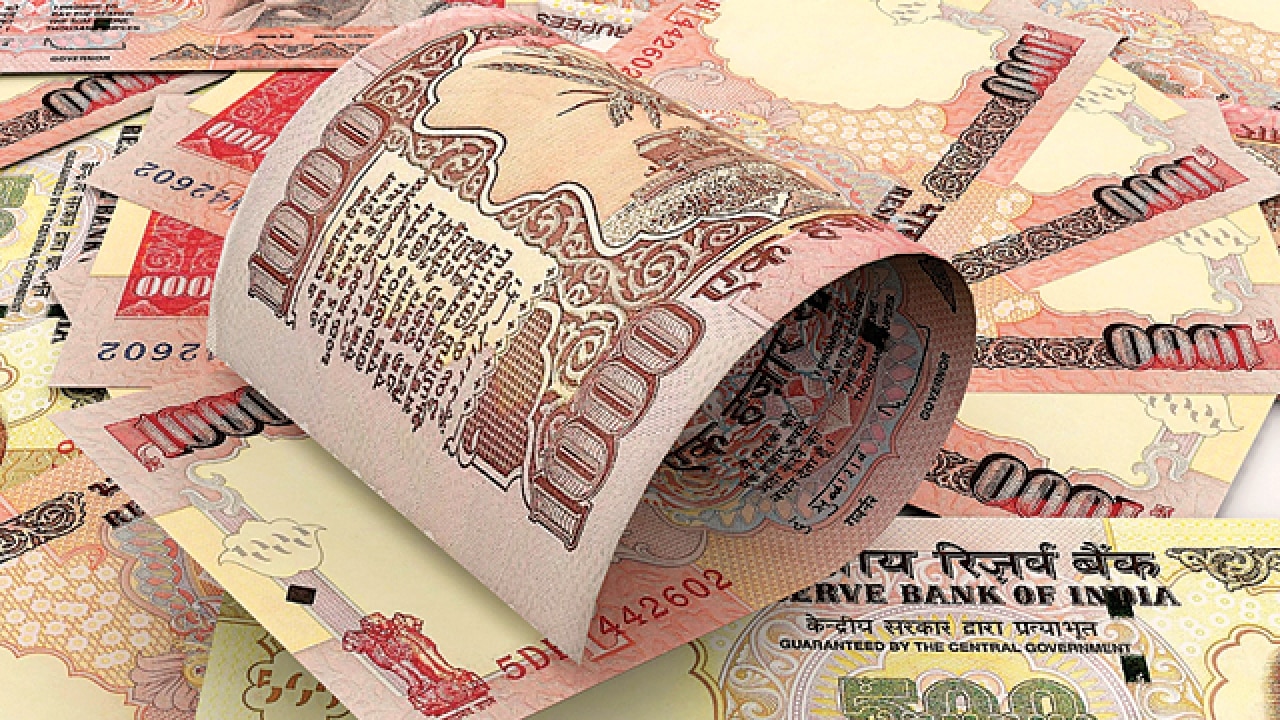
The huge seizure of unaccounted cash during the Tamil Nadu assembly election campaign by Election Commission (EC) officials is a matter of concern. The haul this year has broken all records in the southern state touching Rs68.31 crore until April 26, with three weeks remaining for election day. Since the infamous Thirumangalam bypoll in Madurai district in 2009, which was won by the DMK, the use of money power to woo voters has become a constant feature of the Tamil Nadu election landscape. Newspaper reports quote TN government officials who allege that over half the electorate will receive incentives in cash and kind from political parties. The Reserve Bank of India governor Raghuram Rajan had anticipated this phenomenon in his quarterly review earlier this month when he estimated an additional Rs50,000 crore to 60,000 crore of cash entering public circulation during the assembly polls. The EC has also seized Rs17.85 crore in Kerala, Rs14.56 crore in West Bengal and Rs12.33 crore in Assam.
These figures of unaccounted cash recoveries by the EC appear measly compared to the stunning RBI estimates. Clearly, the EC, which is being assisted by Income Tax, Customs, state excise and police officials, is only able to net a fraction of the election-related black money in circulation. However, the most distressing aspect is not just the corruption of the democratic system, but that the electorate is also a willing party to this corruption. If voters had raised their voice against this doling out of cash and other goodies like sarees, jewellery, household accessories and liquor bottles, the story would have been different. In fact, the Election Commission’s attempts to rein in the cash flow would have met with greater success, had there been greater public participation. In earlier decades, country liquor, cheaply available and supplied through the nexus between politicians and liquor barons, was used to court male voters. Since then, political parties have also gone on to court voters through legal means like providing free foodgrains, electricity, cycles, television sets, mixer-grinders, and laptops.
With the freebie culture institutionalised and popularised, by identifying it closely with party motifs and slogans, it is hardly surprising that voters demand more of the same at election time too. Politicians have been complaining that it is impractical and unrealistic to fight elections within the low limits on election expenditure imposed by the Election Commission. India’s economic boom in recent decades has also seen a spurt in unaccounted money accruing to the political class through sweetheart deals in real estate and other sectors. In some Indian states, thanks to rapid urbanisation and industrialisation and accompanying crony capitalism, the illicit cash flows accruing to politicians have reached levels where they have amassed war chests that can pay out not just party workers and volunteers, but also lay voters. Two states, Tamil Nadu and Andhra Pradesh, have earned notoriety in this respect. In these states, it is often remarked in jest that voters accept gifts from all parties but make free choices at the polling booth.
The EC claims to have deployed 702 flying squads and 712 static surveillance teams and increased the mobilisation of central government employees in these teams. However, the ground-level intelligence networks that are needed to track money flows cannot be tapped by such ad-hoc, short-term teams. The EC’s poll-eve exercise comes across as merely symbolic because the corruption happened under the watch of the same I-T, excise, police and other departments that the Commission has now tapped to ramp up poll vigilance. To fight this vitiation of democracy, the EC has launched a campaign for ethical voting. The value of the vote is not just the value we place on ethics. It is the value we place on our lives, our rights and our hopes for a better future.